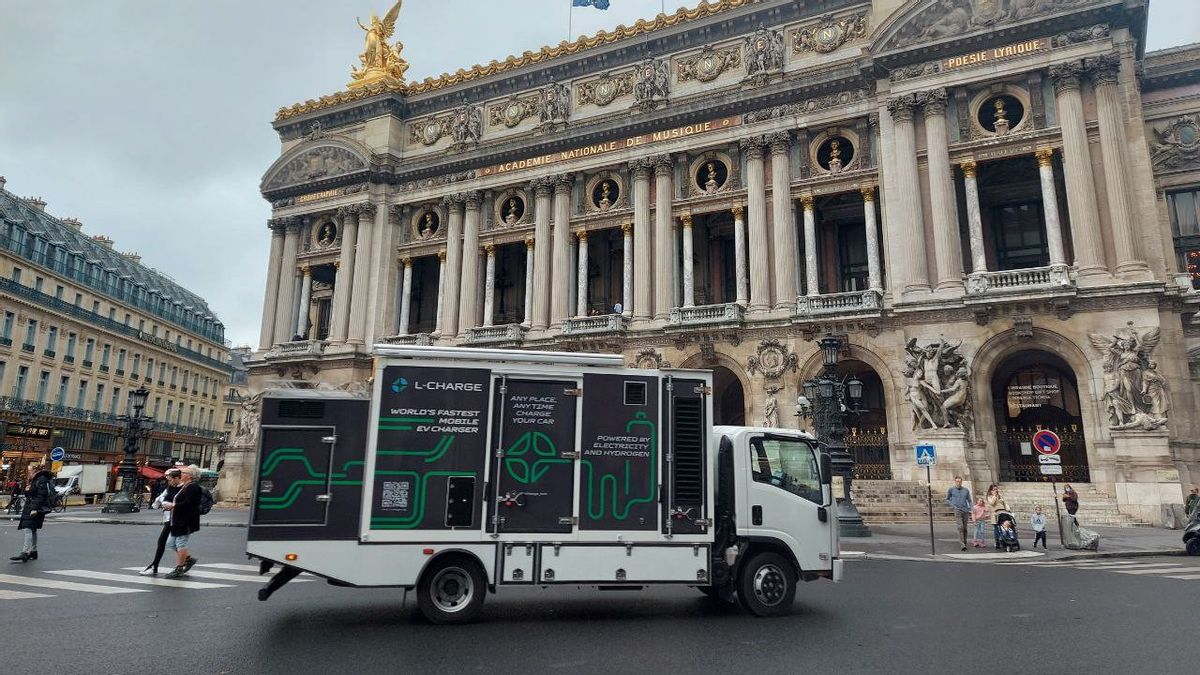Russian start-up L-charge plans to bring mobile superchargers for electric vehicles to London by 2022. They hope to benefit from rising demand and a limited charging infrastructure, the company’s founders told Reuters.
The company’s truck-mounted chargers run on liquefied natural gas (LNG), hydrogen or a mixture of both and do not need to be connected to the grid. They take 5-7 minutes to charge 80% of electric vehicle batteries, said Dmitry Lashin, the company’s founder in an interview.
See also: Audi launched charging hub with and exclusive lounge and 320 kW chargers
Lashin says his company runs the world’s only LNG/hydrogen mobile supercharger, operating in Moscow, where it receives five to six charging requests a day from the city’s 1,000 EVs.
EV sales have been increasing globally as demand for alternatives to diesel and petrol cars grows, but there has been a lag in providing electric charging points.
Privately owned L-charge raised $1.5 million in September and is seeking partners to help it increase production to 2,000 mobile and stationary devices annually.
Lashin says L-charge is close to completing production of the other two superchargers. The London unit will be accessed via the app.
LNG-powered chargers emit three times less CO2 per 100 kilometers than diesel cars, but more than grid-connected chargers in Europe, where L-charge intends to launch after London, Lashin said.
They are also more expensive for the customer. A mobile L charger will cost around 0.80 euro cents per kilowatt hour, Lashin said, which he says is about 1.5-2 times more expensive than existing options.
See also: New UK homes should have EV chargers starting in 2022
But L-charge’s goal is to increase the use of electric cars, Lashin said, and expand what he sees as London’s limited charging infrastructure.
According to the ZAP-MAP platform for electric car drivers, the UK has around 705,000 plug-in vehicles, 365,000 of which are fully electric. Of the 28,000 public charging devices in the UK, more than 9,000 are in Greater London.
“The problem with electric cars is that even if you have 98% of the battery charged, you still have to charge it,” says Lashin. “As a result all the slots are filled and nothing is charging.”
When mass-produced, these chargers will cost around $200,000 and charge around 25 EVs a day, Lashin said.

